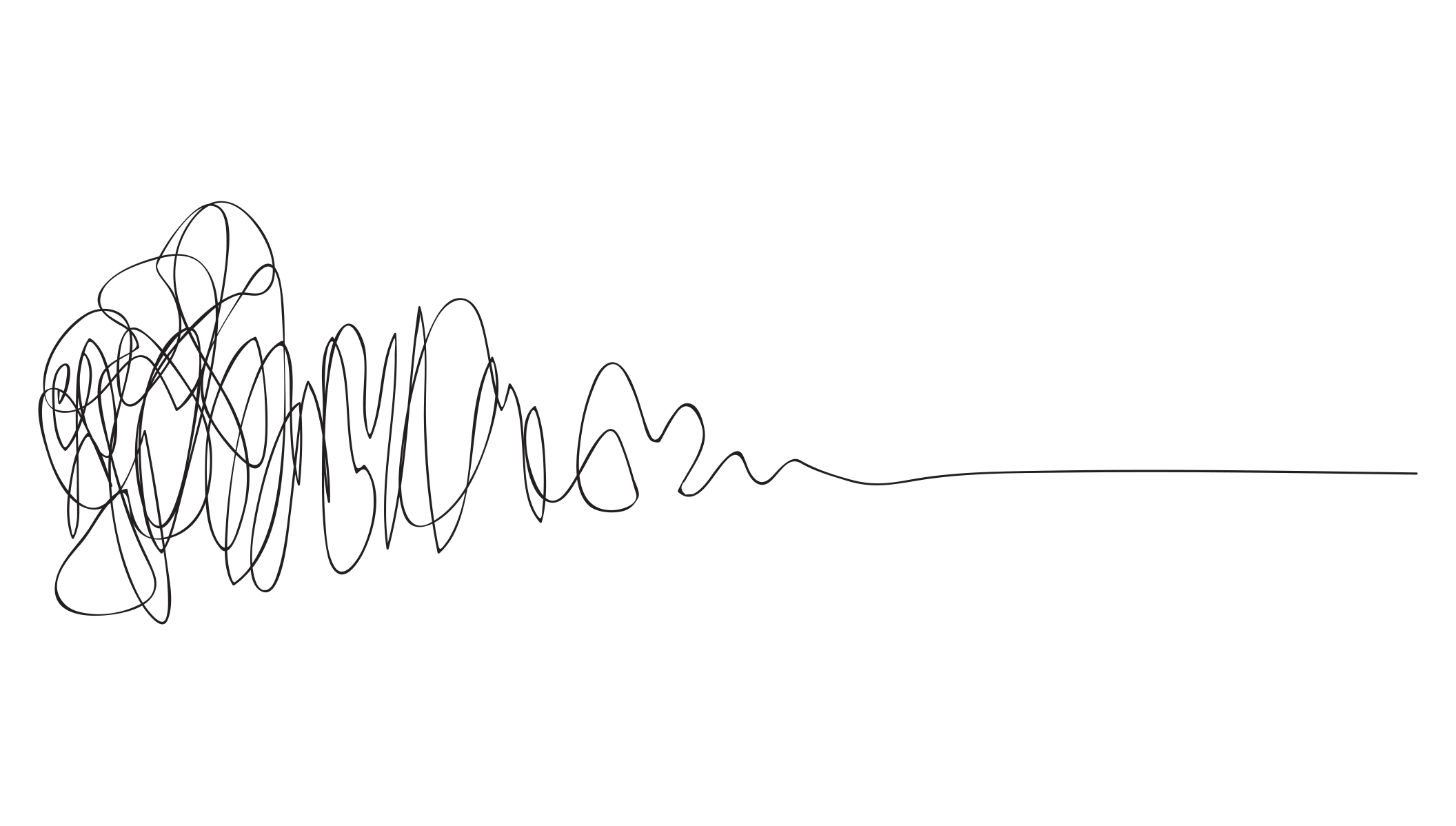
Colonial modernity has materially reshaped our world through the force of the line. Epitomized in the modern cartographic map, the colonial line is deployed as a technology of delimitation and enclosure, often in relation to land, but also to seas and to skies. It is drawn across territories, fragmenting communities and framing populations, and prioritising occupation and ownership over habitation and presence. It authorizes borders, inscribing with pens and walls and satellites an imperial “visuality” onto the surface of the earth. Beginning in the slave plantation and settler colony, evolving through the heights of European imperialism, and calcifying into the military-media complex of our screen-oriented age, visuality has combined the lines of maps with other information-lines – treaties, bureaucracies, infrastructures, code – to contrive colonial modernity into a self-evident and indisputable reality.
However, while the colonial line extends into the present moment by controlling the very crises it has advertently created, it is not the only genre of line. As Tim Ingold has shown, lines can also trace modes and chart histories of resistance. There are hand-drawn lines, sketch lines, story lines, wayfaring lines; lines that carry counter-histories, that index the sway of rebellions lost and revolutions overturned. These lines orient positionalities and denote relationalities, both situating us on and habituating us into the world. As a gesture of encounter, they take place against structures of power, a ground from which “the right to look” might be claimed. This conference will explore the ways in which these lines are manifested and contested in comics, graphic novels, photo essays, zines, picture books, and other combinations of image and text.
Both days are open to artists, scholars, and members of the public, and both are free to attend.
You will need to register per session, registration links are in the programme below. All sessions will take place online via Zoom, please ensure you have the most update version of Zoom installed as this will be required to join the parallel sessions.
Plenty of time will be reserved for question and answer sessions, and we look forward to welcoming all delegates interested in constructive and respectful discussion of the conference themes.
Programme, abstracts and biographies
Day 1. Wednesday 9 June 2021 | ||
|---|---|---|
Session 1 09.00-11.00 (US/EDT) 14.00-16.00 (UK/BST) | Panel 1A: Decolonial Lines Chair: Haya Alfarhan Hugo Frey, Re-coding the French War of Decolonization Janek Scholz, Anti-colonial protest in post-Independence comics from Mozambique Ana Cristina Mendes, Against Modernity/Coloniality’s Cartographic Vision Respondent: Georgiana Banita | Panel 1B: Border Lines Chair: Dominic Davies Yagnishsing Dawoor, Disrupting the Photographic Regime of the Refugee as Other Michelle Bumatay, African Migration and Anti-Black Racism Aaron Humphrey, Drawing at the Borders Respondent: Candida Rifkind |
Break | ||
Session 2 12.00-14.00 (US/EDT) 17.00-19.00 (UK/BST) | Panel 2A: Colour Lines Chair: Haya Alfarhan
Tiffany Hong, “Into the Black”: American Origin Stories and the Unstable Page of Pretty Deadly Marietta Kosma, Coloniality in Octavia Butler’s Kindred Emmy Waldman, The Comics/Art of Kerry James Marshall’s Rythm Mastr Respondent: Rebecca Wanzo | Panel 2B: Practice Lines Chair: Dominic Davies
Reed Puc, Lifeglows Through the Anthropocene Jasmin Wrobel, Resisting Lines, Resisting Bodies Maria Grazia Imperiale, Thinking Outside the Line: How Comics and Illustrations Can Help Our Work as Researchers and Educators
|
Day 2. Thursday 10 June 2021 | ||
|---|---|---|
Session 3 09.00-11.00 (US/EDT) 14.00-16.00 (UK/BST) | Panel 3A: Inscribing Lines Chair: Haya Alfarhan
Thomas Giddens, Scribbling on the Moon Katalin Orbán, If you can read this, you’re too close Mihaela Precup, Retracing Genealogy and Mending Connections in Sofia Z-4515 Respondent: Hillary Chute | Panel 3B: Life Lines Chair: Dominic Davies
Andrea Aramburú Villavisencio, Footnotes to Guamán Poma Martina Thorne, Santiago de Cárdenas’ Decolonial Self-Portraits Katherine Kelp-Stebbins, Intellectually Decolonizing the Settler Colonial Grid Respondent: Tim Ingold |
Break | ||
Session 4 11.30-14.00 (US/EDT) 16.30-19.00 (UK/BST) | Round Table Discussion Chairs: Haya Alfarhan & Dominic Davies
Georgiana Banita Candida Rifkind Rebecca Wanzo Frederick Luis Aldama Hillary Chute Tim Ingold Delegates | |
Attendance at City St George's events is subject to our terms and conditions.